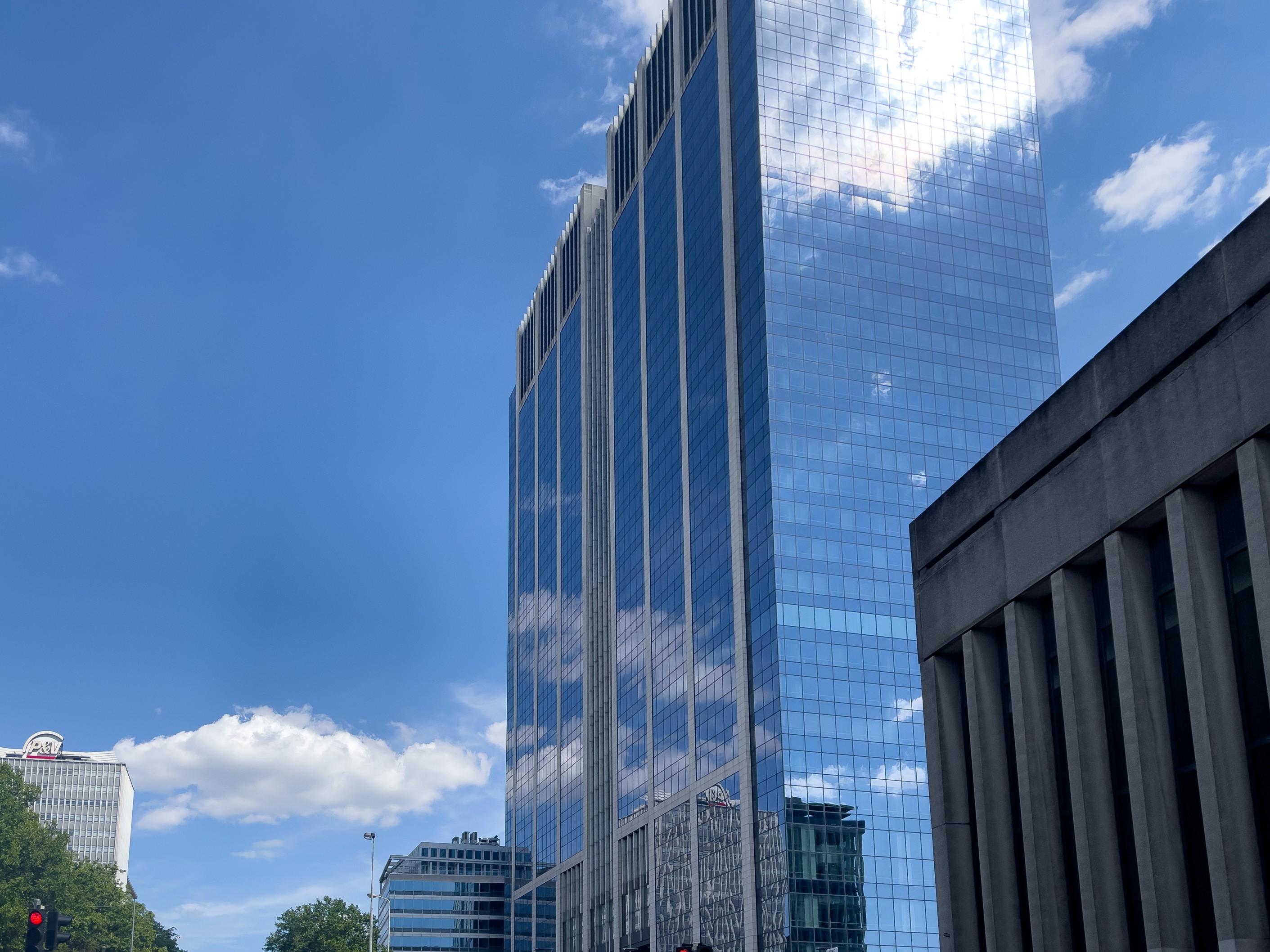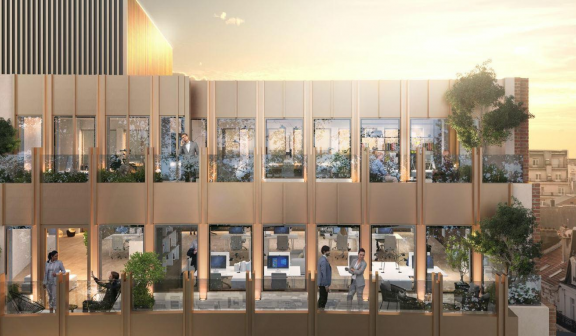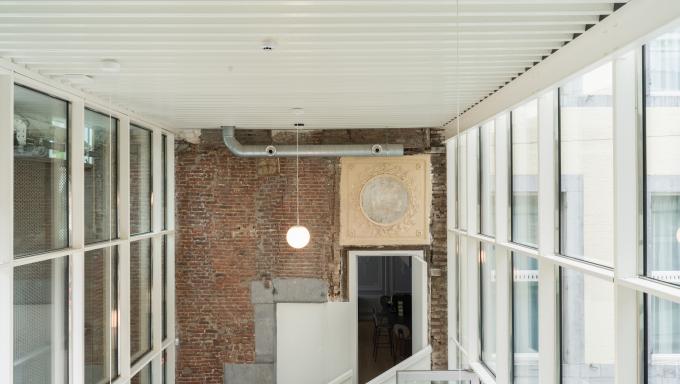
BNP Paribas REIM strengthens its healthcare and hospitality expertise with a new dedicated division
As part of its diversification strategy, the BNP Paribas REIM business line is launching the Healthcare & Hospitality Practice, a pan-European division devoted to the healthcare and hospitality real estate segments.




